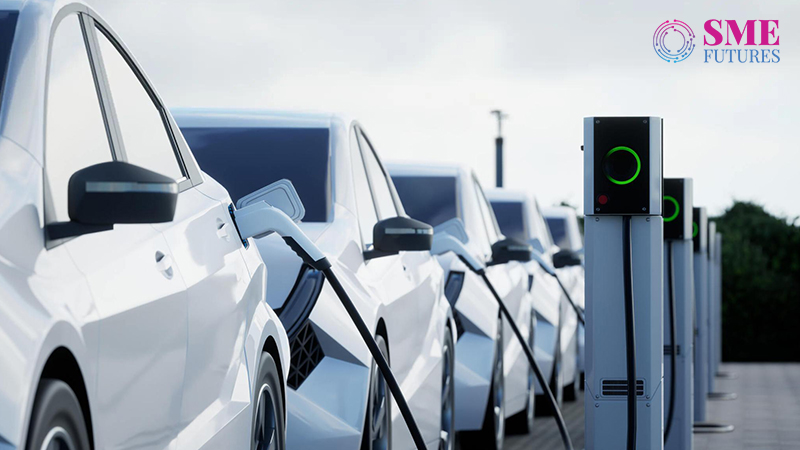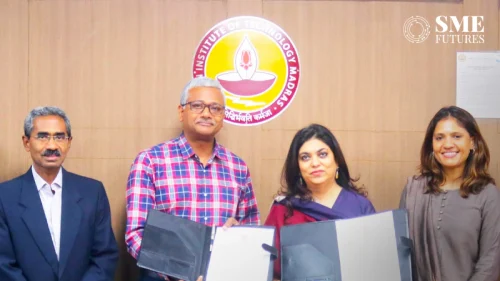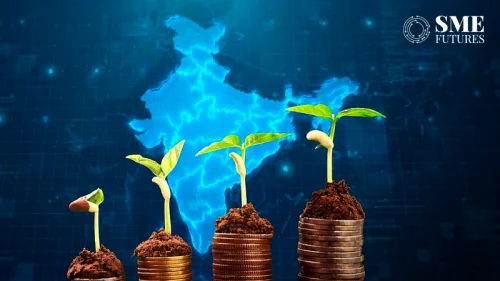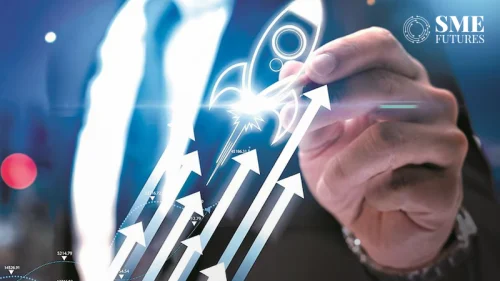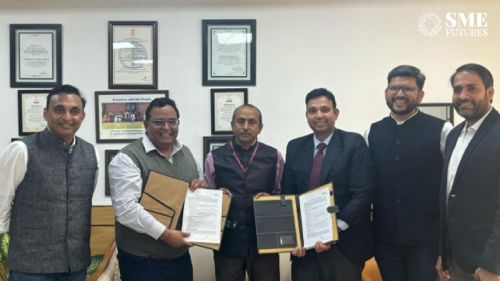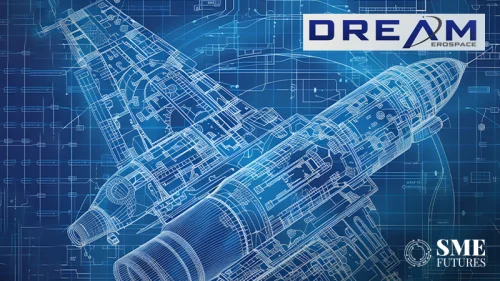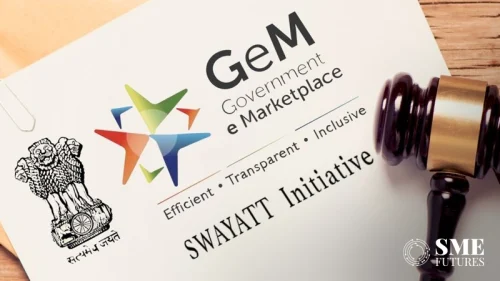The Economic Advisory Council to the PM (EAC-PM) has proposed the introduction of a transferable mandate, prescribing a certain percentage of auto manufactured must be electric vehicles.
The advisor also suggested ensuring greater adoption of EVs in the government fleet to enhance demand for electric vehicle cars.
In its working paper, the EAC-PM also suggested encouraging the leasing of vehicles as opposed to outright purchase by introducing a suitable GST rate differential for leasing.
The paper has been co-authored by EAC-PM chairman Bibek Deroy and Director Devi Prasad Misra.
“Hitherto, our policies for the promotion of EVs have focused on subsidies, tax breaks, charging infrastructure etc. While we see a significant increase in the number of two- and three-wheeler EVs, the adoption of EVs in the LMV (cars) segment has remained sluggish.
“… the introduction of transferable mandates prescribing for a certain percentage of vehicles manufactured to be EVs will be an efficient way of encouraging adoption of EVs,” the EAC-PM said.
As per the EAC-PM, the number of EVs as a percentage of total vehicles in the country stood at 0.21 per cent, while EV four-wheelers as a percentage of the total four-wheelers amounted to only 0.08 per cent.
While noting that greater diffusion of EVs in the government’s fleet is one way of seeding demand, the EAC PM said, “Such a move would have a demonstration effect on the public and provide manufacturers feedback on the user experience”.
The paper noted that high crude oil prices in the international market have an adverse impact on a country’s economy.
“Further, we are committed to Net-Zero carbon emissions by 2070 and to reducing our total projected carbon emissions by one billion tonnes by 2030. That being so, faster adoption of EVs will not only bring down the import bill but would also have a significant impact on emissions,” the working paper said.
India spent $144.2 billion on oil imports in FY 2022-23 on the net import of oil and gas, up from $113.4 billion in FY22.
Compulsions of climate change commitments, and caprices in oil prices, coupled with a rapid acceleration of battery technologies, have together led to a sharp increase in electric mobility worldwide.
“In the Indian context, a slew of measures on the demand side as well as on the supply side have been announced from time to time,” the EAC-PM said, adding that, however, the results have been mixed.

